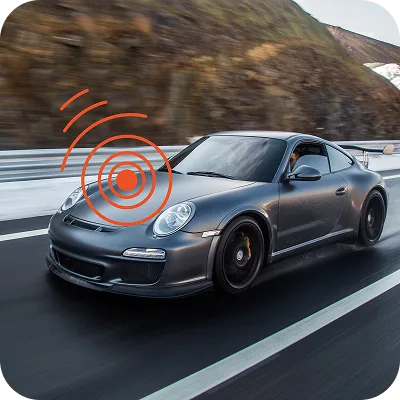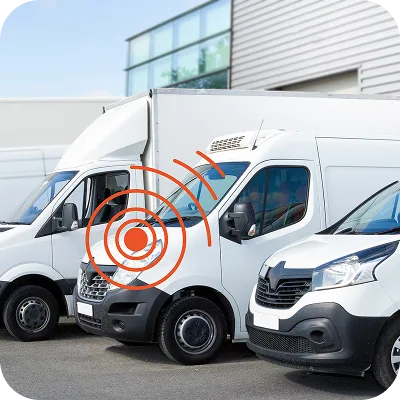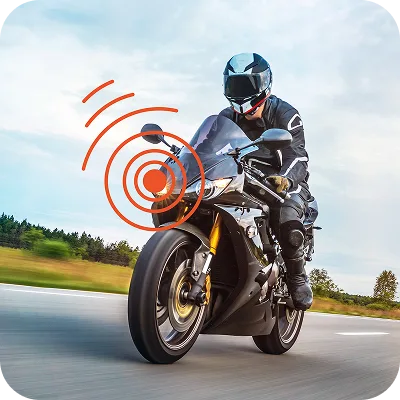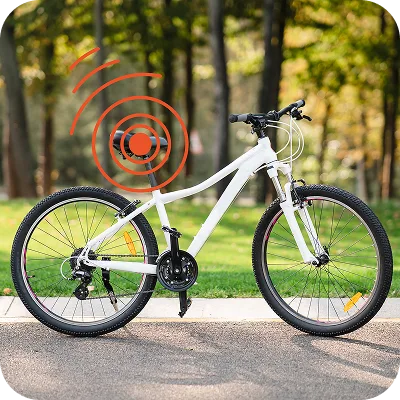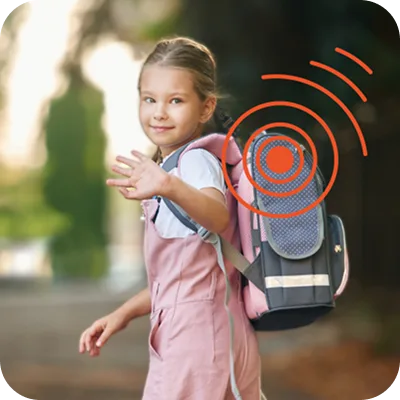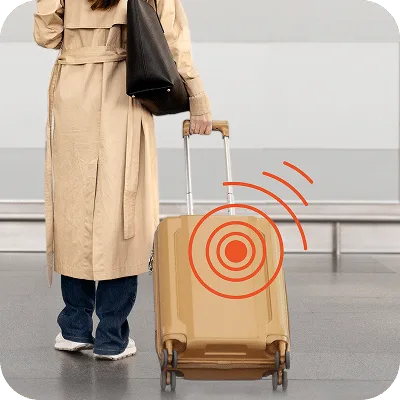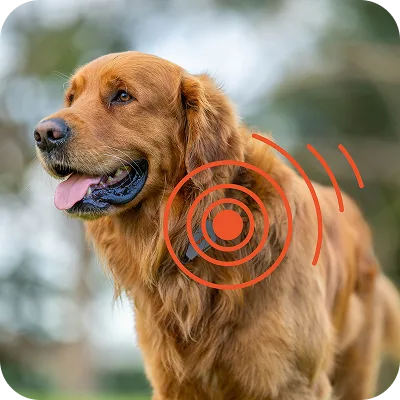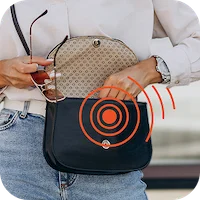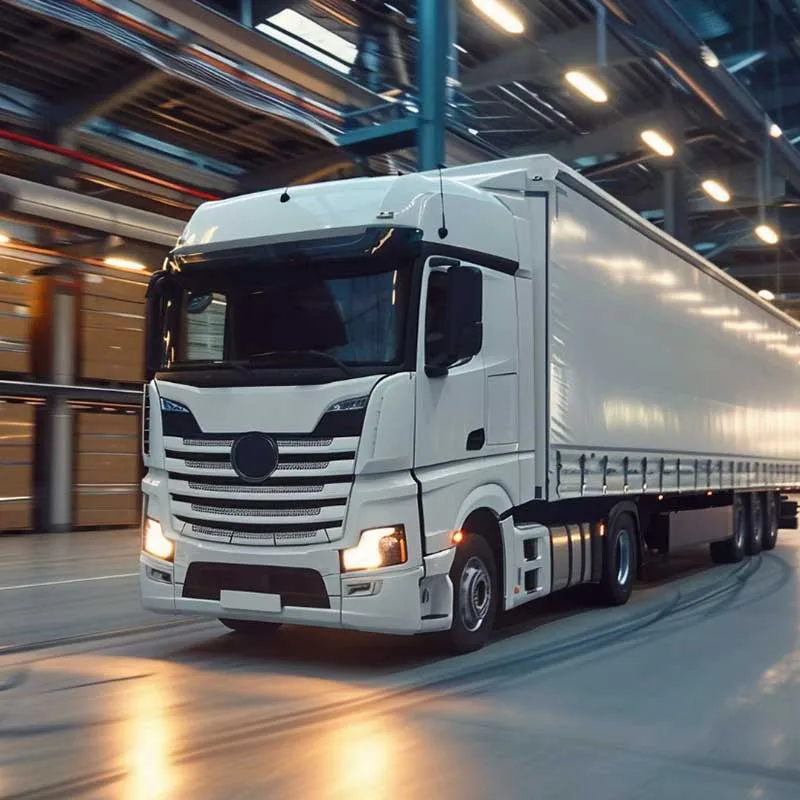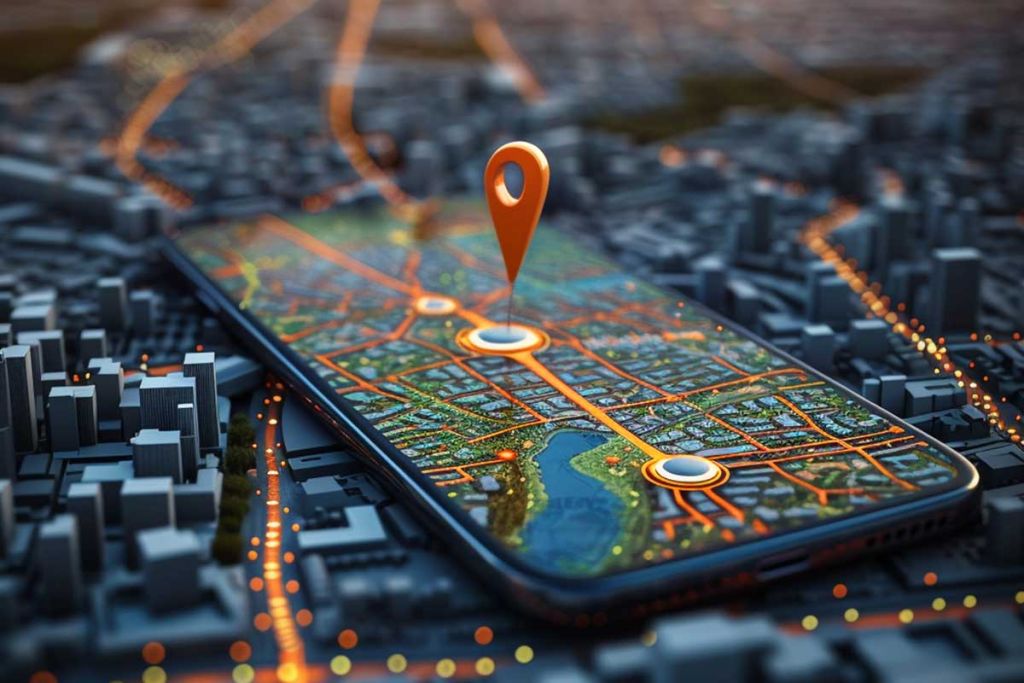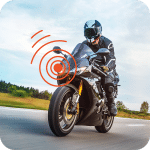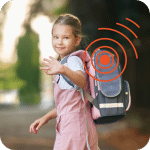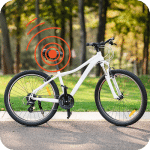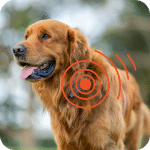GPS: Beyond Mere Directions
After smartphones have become an integral part of our lives, we have come across—and are familiar with—the term GPS. We primarily use GPS technology to determine precise locations while traveling or to share our location with others.
Is this the only use of GPS? No! GPS can do much more and has become an integral part of everyday life. There’s more to it—GPS systems now automate many tasks, seamlessly integrating with modern technology. Navstar GPS, owned by the United States government and operated by the United States Space Force, is constantly being developed and improved, making it increasingly accessible in various areas of everyday life.
GPS Technology Origin
GPS technology originates from the US military, as the Global Positioning System was developed in the 1970s by the US Department of Defense, where it replaced the Navy’s old satellite navigation system NNS in 1985.
Since then, it has functioned as a global navigation satellite system, with which positions can be located with an accuracy of just a few meters.
The GPS satellites are in space, orbit the Earth, and send out their signals at a certain rhythm. Each of the 24 satellites sends its radio signals on two different frequencies; these signals are transmitted via a so-called line of sight. To determine the position, the receiver only needs signals from at least four satellites.
In the beginning, the location determination was not so precise because jamming transmitters were also switched on, but since the year 2000, everyone has been able to receive exact position data with a receiver using GPS.
GPS use in Monitoring vehicle
In addition to the classic navigation system, you can also easily install a GPS tracker in your automobile to enable vehicle monitoring, track routes, and increase the car’s theft protection. There are different types of connections for devices with GPS, which are more or less suitable depending on the project.
According to your needs, you can select the appropriate trackers. If you plan to track your vehicle over a long period, you should choose a tracker device that can be connected to a permanent power source in the car, such as the car battery.
Some devices do not require a connection to an external power source and can easily be carried within the vehicle. These trackers come with an internal battery, which requires regular charging. The overall battery performance not only depends on the device’s specifications but also on its usage patterns.
Tracking Extensive Fleets
Companies with extensive fleets are increasingly relying on GPS and telematics systems. These technologies simplify the work of fleet managers by connecting all vehicles involved in the operation, thereby providing a comprehensive overview for effective fleet management. Here, the GPS device acts as a logbook, as data is recorded, enabling the display of vehicle locations on a map. Additionally, these devices save all data from the start of the journey and securely store it on an external, inaccessible server.
The GPS tracker also helps fleet managers make management more sustainable; they can set various regulations, including speeding or limit violations, and an alarm when leaving a fixed radius. With the help of modern technology, you can optimize your fleet and improve the general conduct of business, saving time, money, and resources.
Anti-theft protection for valuables
One of the primary uses of a GPS tracker is to save your valuables from theft. It can offer protection to vehicles, bicycles, and other valuables. The owner can locate and track their valuables in real-time. Alarms can be set in advance via the smartphone. If the object is moved or removed from a defined zone, the owner is immediately alerted and can take action.
GPS for watches
Athletes, hikers, and everyone who likes to spend time outdoors now use smartwatches that record their activity, which also works through GPS; a small GPS chip is built into the product. It reliably records every route traveled, including duration, from which you can read trends and save favorite routes. The position calculation also supports people when traveling, so in an emergency, you can forward your position to a third party if you need help.
GPS to protect family and children
With a GPS tracker, you can easily monitor your young children as they explore their surroundings independently. The same applies to older adults or people with dementia who cherish their freedom and privacy, yet may not require constant supervision. Using a GPS tracker, you can respect these aspects of their lives while ensuring their safety, as it allows you to promptly retrieve their location in emergencies or share it with rescue personnel when necessary.
GPS in use with animals
Your pets are also part of your family, and there is always a risk of them wandering off. Satellite systems have proven to be an effective means of protecting animals. With various tracking features, pet owners can quickly locate their missing pets.
The future of GPS technology
With the Development of GPS technology, it has become more efficient and compatible. Devices are becoming smaller. GPS is now easy to use as you don’t need additional technical knowledge if you have the correct GPS devices. We will see further development in GPS technology, and it will easily integrate with logistic supply chains, Space Exploration, Disaster Management, Augmented Reality (AR), etc.
